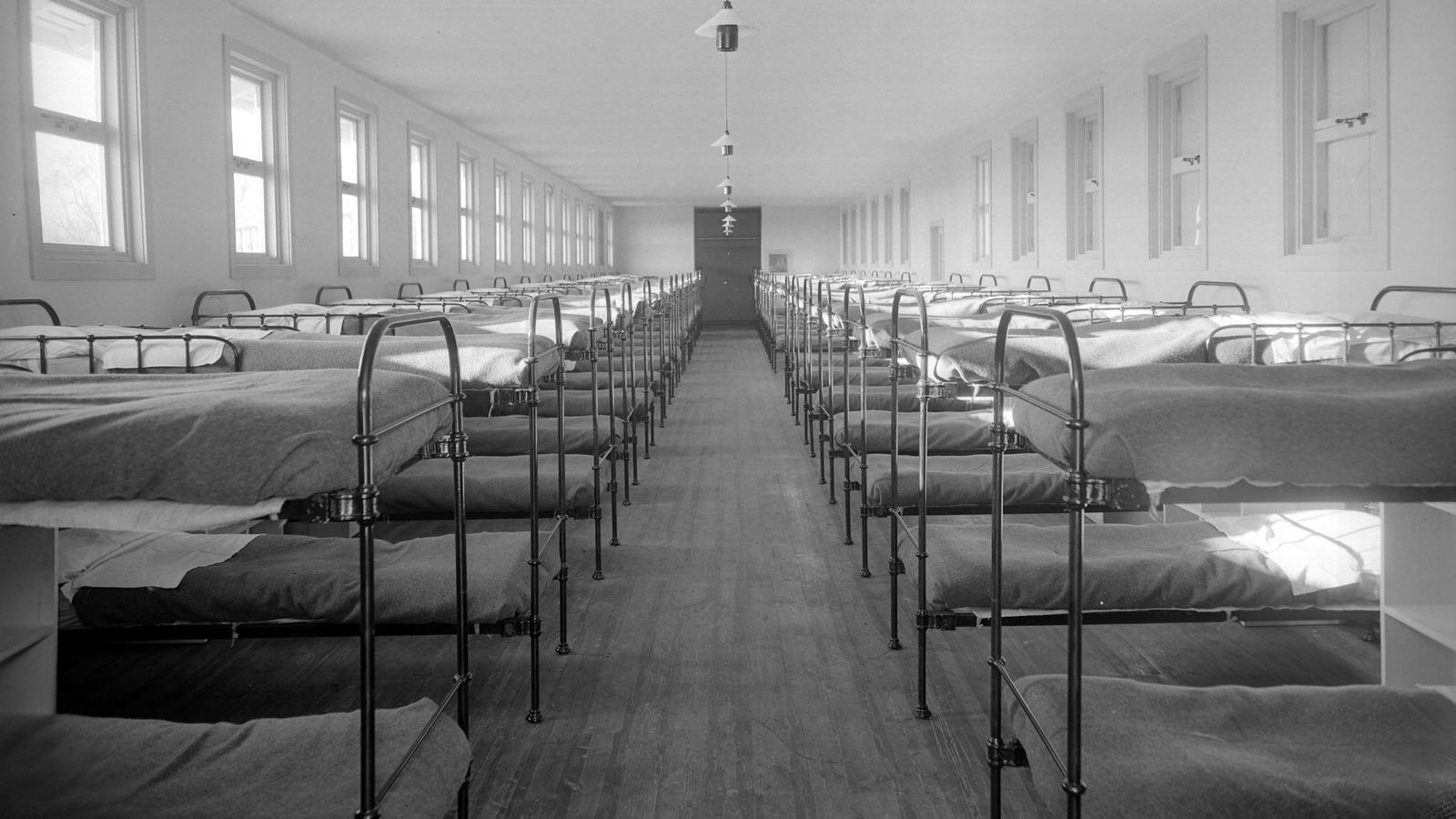
Synanon promised people experiencing drug addiction rehabilitation rather than imprisonment. In the 1950s, such people were largely written off as hopeless cases, and few talked about terms and concepts common to us nowadays: treatment plans, medical intervention, and so forth. Synanon was at the forefront of the “tough love” therapeutic movement, especially as related to one-on-one relationships between drug counselors and those they help. Such approaches can easily go overboard, though. As historian William White wrote in 1998 (via Los Angeles Magazine), “The failure to define and enforce clear ethical standards governing our business practices has long rendered the addiction treatment field a predator’s paradise.”
Charles Dederich was one such predator. Born in 1913 in Toledo, Ohio, Dederich came from a predictably broken background himself. Breaking Code Silence tells us that his father — who experienced alcoholism — died in a car accident when he was 4, his brother died four years later, and then his mother remarried someone whom he hated. Dederich developed an alcohol dependency during adolescence that left him 43 years old with a dead career, two failed marriages, and his only ticket to health: admission to Alcoholics Anonymous (AA).
Read Related Also: Mill Park husband pleads guilty to killing wife and dumping her underneath the family home
But after only two years of treatment, Dederich left AA and formed his own substance abuse recovery program in 1958, Synanon. Whether he thought that he could do better or considered himself “fixed” after only two years, so to speak, Dederich drove Synanon to financial success, fame and acclaim, and a sadistic, twisted end.








